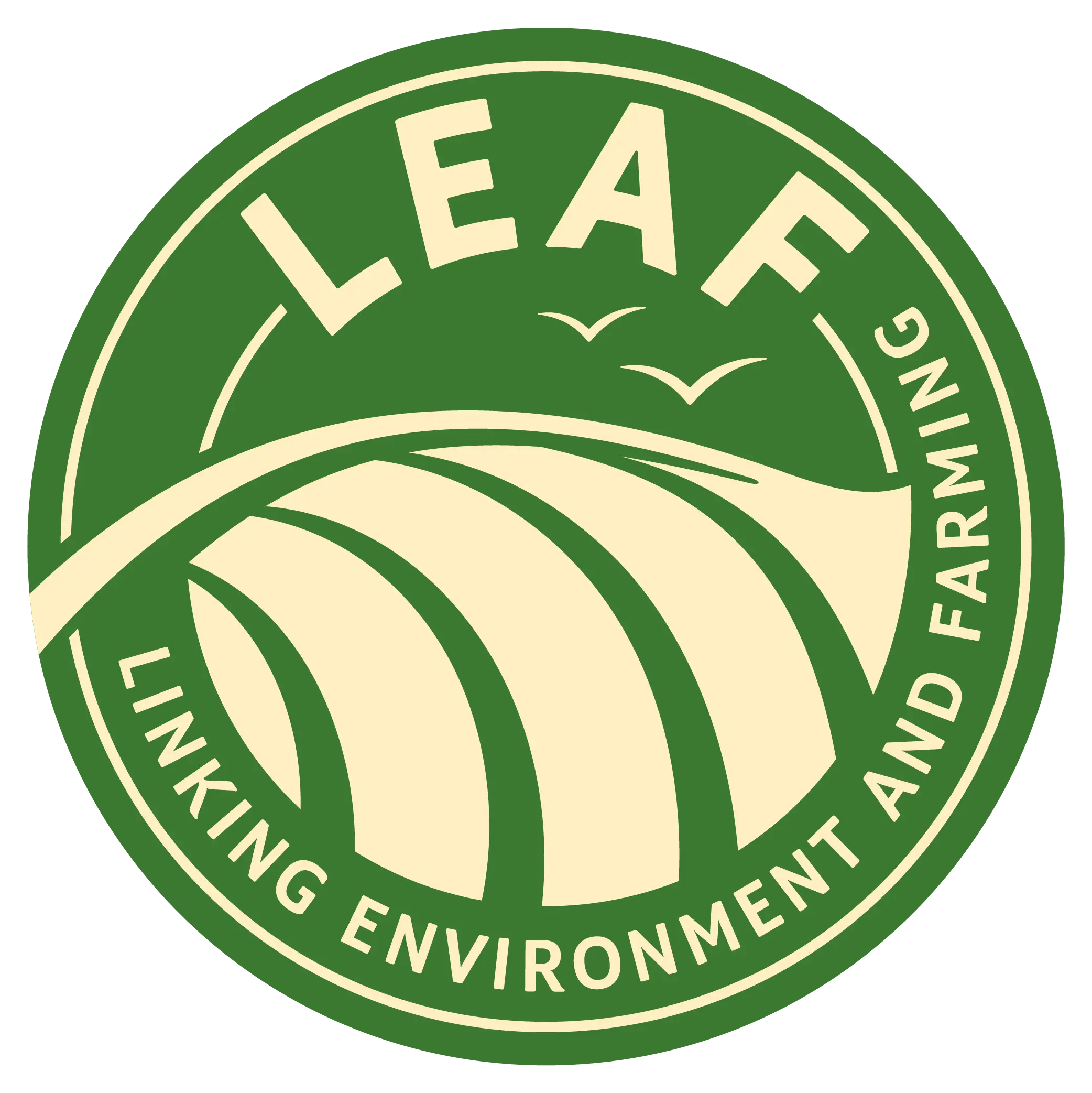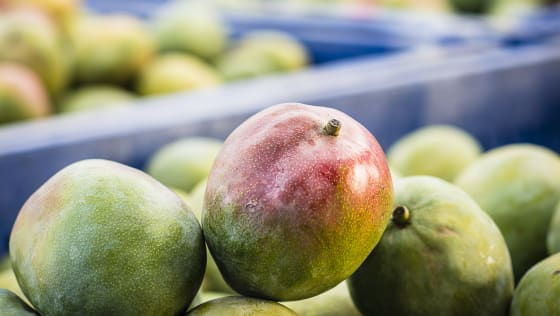- About Integrated Farm Management
- Our LEAF Network of Demonstration Farms & Innovation Centres
- Resources
- LEAF Sustainable Farming Review
- LEAF Endorsed Advisors & Consultants
- Our Projects & Partnerships
- Nature Based Solutions to Climate Change
- Beacons of Excellence
- Resilient & Ready
- Accelerating & Demonstrating the Journey to Net-Zero
Our impact
We work with farmers and growers across the globe to deliver more sustainable farming through LEAF Marque certification.
Our intended impacts
Gaining insight into the impact of the LEAF Marque assurance system is crucial for continuous improvement of our standards, which is why LEAF invests in monitoring and evaluation. You can see the full scale of our impact in our Global Impacts Report below, or scroll down for the highlights.
LEAF Global Impacts Report 2022
Take a look at our 2022 report to see how LEAF Marque certification is delivering on its intended impacts to achieve more sustainable farming.
Monitoring & Evaluation
The LEAF Monitoring and Evaluation (M&E) mission is to increase the understanding of the environmental, social, political, organisational and other impact of LEAF’s activities. The continuous M&E programme augments the scientific basis, benefits, value and the impartiality, transparency and inclusiveness of LEAF’s activities.
877
LEAF Marque certified businesses
310,537
hectares on LEAF Marque certified businesses
The top crops grown on LEAF Marque certified farms globally are:

Wheat
60,332ha

Potato
28,970ha

Barley
24,971ha

Lettuce
14,011ha

Maize
8,769ha

Broccoli
8,280ha

Onion
7,561ha

Rapeseed
7,533ha

Sugar Beet
7,328ha

Cauliflower
7,210ha
Driving climate positive action
Farming is in a unique position of being both a source and sink for greenhouse gas emissions and farmers are fundamental to driving forward innovative solutions to climate change. Underpinned by Integrated Farm Management, LEAF Marque certified businesses are improving positive action for the climate through reduced carbon footprints, enhancing soil health and quality, and increasingly implementing regenerative practices.
Advancing nature-based solutions
With more than half of the world’s habitable lands currently used for agricultural production, farmers are some of the most important stewards of the earth’s lands and water resources. LEAF Marque farmers are turning to more natural sources of energy, using biological control and best practice Integrated Pest Management (IPM) strategies, and protecting water resources.
Delivering more circular approaches
More integrated, regenerative approaches to food production offer part of the solution to addressing the climate emergency. LEAF Marque certified farmers are carrying out a range of sustainable waste management practices and maximising the health and welfare of livestock to raise healthy, optimal performing animals that produce less waste and methane emissions. This in turn is helping to build healthier soils, increase biodiversity, and improve air and water quality.
Enriching diversity of habitats & species
A key part of more integrated and sustainable farming is nature restoration and enhancing biodiversity. As well as delivering climate benefits, improving natural habitats helps restore ecosystems that underpin the resilience of our landscapes, whilst also supporting human well-being and providing economic benefits.
Engaging communities
More sustainable food systems rely on well informed people, aware of where their food comes, how it is produced and the impact of their food purchasing decisions upon the climate. As public interest in climate change increases, there is an ever-greater need for clear and meaningful conversations between farmers and citizens.
LEAF Marque certified businesses are involved in a range of on-farm and on-line outreach activities including hosting farm visits, giving talks, and taking part in industry open days like LEAF Open Farm Sunday. All these activities are helping to build deeper and richer connections between farmers and consumers, to educate, engage and inspire.
* All figures above are taken from LEAF Global Impacts Report 2022
Your Feedback
Your feedback is extremely valuable to us as we work to continually strengthen the way we measure and report on our impacts. If you have questions, comments or suggestions about LEAF’s Global Impacts Report or Monitoring and Evaluation processes, including our Intended Impacts and indicators, please email [email protected].
View the long appendix here: LEAF Global Impacts Report 2022: Full appendix


